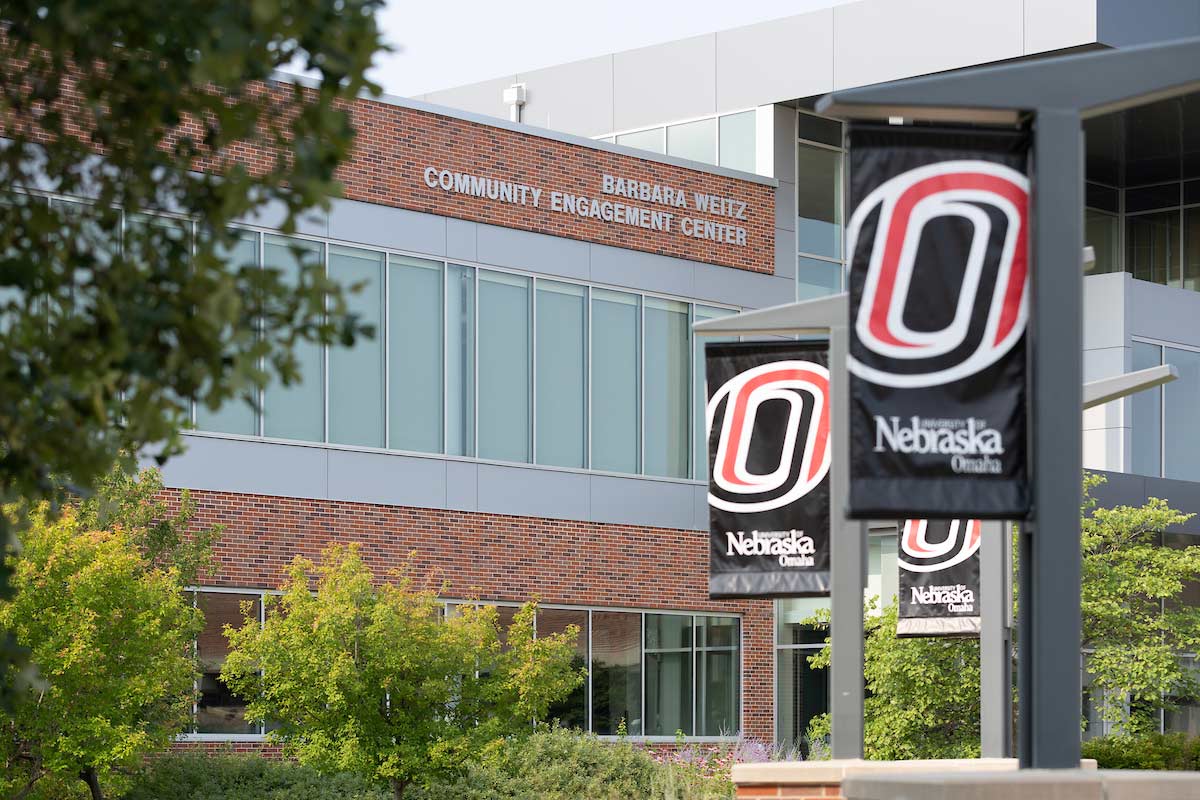UNO Joins National Consortium to Advance Civic Preparedness and Free Expression
The initiative underscores UNO's commitment to preparing students to become active, informed citizens.
- published: 2024/10/28
- contact: Sam Peshek - Office of Strategic Marketing and Communications
- email: unonews@unomaha.edu

Led by Chancellor Joanne Li, Ph.D., CFA, the University of Nebraska at Omaha (UNO) announced today it has joined more than 100 universities across the country in a collaborative effort to prepare students to be engaged community members and to uphold free expression on campus.
Through College Presidents for Civic Preparedness, UNO joins institutions that include the University of Tennessee-Knoxville, University of Virginia, and the University of Minnesota in taking action toward three civic commitments: educating for democracy, preparing students for a vibrant society, and defending free inquiry.
“At UNO, civic preparedness is not just an academic exercise—it’s at the heart of what we do,” Chancellor Li said. “As an institution rooted in the community, we are committed to equipping our students with the skills, knowledge, and values needed to contribute meaningfully to society. Joining this national consortium reinforces our dedication to empowering the next generation of civic leaders.”
Participating universities will develop unique programs to enhance civic engagement on their campuses. At UNO, these efforts will include:
- Voter engagement, education, and civil dialogue programs facilitated by the Voter Engagement Committee comprised of diverse on and off campus stakeholders
- Robust service learning and community-based learning courses in all disciplines that give students the opportunity to learn in community while building civic engagement skills
“We are grateful to Chancellor Li and the entire UNO community for their leadership in making civic engagement a priority,” UNO Chief Engagement Officer Julie Dierberger, Ph.D., said. “Through these initiatives, we are not only preparing students to be engaged community members but are also contributing to the democratic health of our society.”